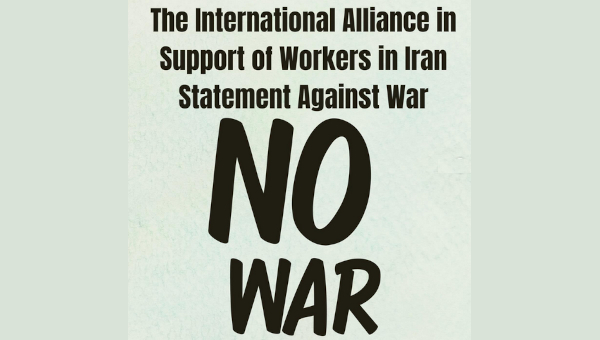* * *
What will happen to the people who have been arrested in the protest rallies in Iran? I can tell you. I was arrested during the 1999 student demonstrations in Tehran, exactly 10 years ago.
What I did was as trivial in terms of real crime as what the protesters in Iran have done now by expressing rage over the presidential election results.But the punishment I received was so out of proportion to my actions – and so truly criminal – that I had to flee my homeland and seek political asylum in Europe.
[...]
[In the summer of 1999] some students at Tehran University protested the closure of one of the most popular reformist newspapers. Their small demonstration was attacked by vigilantes armed with clubs who beat at least one student to death as police did nothing.
Our rage boiled over. Tens of thousands of students took to the streets demanding the dismissal of police officials. We also called on Khatami to speed up reforms and give us a more open society.
I was with a group of about 50 students on my campus which tore down a poster of the Supreme Leader Ayatollah Ali Khamenei that hung in one of the buildings. Someone set fire to the picture. The riot police took the simplest course. They locked the campus gates and arrested everyone found inside.
But they did not take us to a police station. Instead, we were blindfolded and taken outside of the legal system to a place where our parents could never find us.
[...]
Inside there was nothing to sleep on and no electric light. There was no way to tell the time except by the daylight when it shone through the watchman's peephole at one end and a ventilation vent at the other.
I was in the container with four other boys. We were all barely 20. And we were inside for two weeks -- naked, powerless, and face-to-face with the fear of being totally at the mercy of our captors.
Inside there was nothing to sleep on and no electric light. There was no way to tell the time except by the daylight when it shone through the watchman's peephole at one end and a ventilation vent at the other.
I was in the container with four other boys. We were all barely 20. And we were inside for two weeks -- naked, powerless, and face-to-face with the fear of being totally at the mercy of our captors.
[...]
The first interrogation sessions were simply beatings. Men who were clearly convinced that we had violated all laws of God and man kicked us until we fell down. Then they kicked our faces. As they did, they shouted "Allahu Akbar," calling on God to be pleased with them. They were skinheads, but with hair and beards.
Then the real questioning began, and it, too, was to show there was no way out.
'No Correct Answers'
The interrogators wanted to know who pulled down the picture of the Supreme Leader, to what organizations I belonged, and to what organizations my friends and classmates belonged.
It did not matter what I said. There were no correct answers.
Read the complete report here ...
The first interrogation sessions were simply beatings. Men who were clearly convinced that we had violated all laws of God and man kicked us until we fell down. Then they kicked our faces. As they did, they shouted "Allahu Akbar," calling on God to be pleased with them. They were skinheads, but with hair and beards.
Then the real questioning began, and it, too, was to show there was no way out.
'No Correct Answers'
The interrogators wanted to know who pulled down the picture of the Supreme Leader, to what organizations I belonged, and to what organizations my friends and classmates belonged.
It did not matter what I said. There were no correct answers.
Read the complete report here ...






